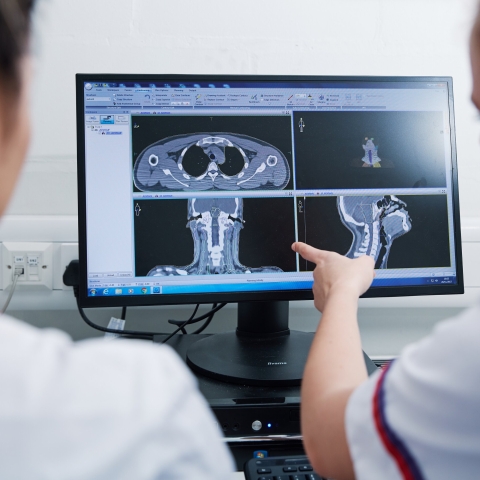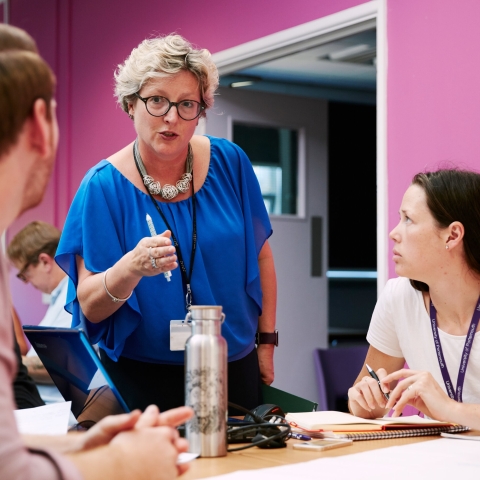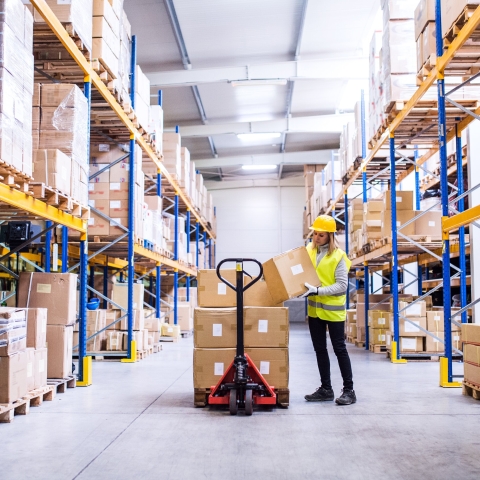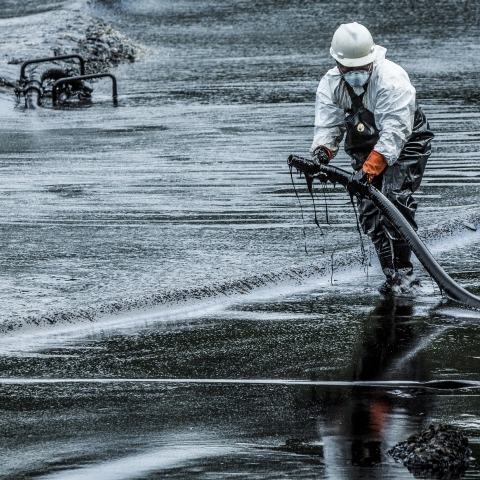
Renewable energy and sustainability analytics research
Producing clean, green energy is one of society's most-pressing challenges. There's an urgent need to produce such energy at a reasonable cost, and to ensure that the production, logistics, transportation and societal processes behind it are sustainable too.
By definition, renewable energy is produced from sources that do not deplete or are naturally replenished – this makes both the resource and the energy sustainable for the long-term.
But there's more to sustainability than that, and our work in Renewable Energy and Sustainability Analytics is exploring how operational research and analytical modelling can help deliver renewable energy and sustainability solutions that work.
We're investigating how systems and processes can be designed or modified to make sure they can endure, and deliver positive economic, social, environmental and technical benefits.
For example, our work on renewable energy analytics projects (including the European Union-funded projects including 2OM, Channel MOR, and LEANWIND) is part of an industry-wide push that has succeeded in lowering the cost of energy produced by offshore wind farms.
The main goal is to make prices more competitive, so more homes and businesses switch to a renewable supply. Achieving this will mean an increase of clean energy across Europe, with all the environmental benefits that brings.
Our work on sustainable water and public lighting systems (NEREUS and SLIC) will also ensure these sectors progress more sustainably – and we're involved in a range of pilot cases that will happen across the UK, France, Belgium and Holland in the years ahead.
Our research covers the following topics
- Offshore wind
- Onshore wind
- Tidal
- Wave
- Solar
- Biomass
- Hydroelectric
- Geothermal
- Hydrogen
- Fuel cells
- Renewable energy storage
- Recycling/reusing waste
- Sustainable systems
- Sustainable technology
We use a variety of operational research techniques such as goal programming, linear programming, analytical hierarchy process, data envelopment analysis, metaheuristics, scheduling and simulation.
Methods
We use a variety of operational research techniques such as goal programming, linear programming, analytical hierarchy process, data envelopment analysis, metaheuristics, scheduling and simulation.
Collaborations and funders
We collaborate with a wide range of partners - from the UK's Catapult Centre for Offshore Renewables, to the Norwegian Technology Marine Research Institute (MARINTEK), and Arctic coastguards. Our university research partners include Chichester and Hull. We also work with businesses including Southern Water, and a set of public authorities in the UK, France, Belgium and the Netherlands with a shared interest in sustainable public lighting. Recent projects have received funding from major funding organisations including the European Union, the Economic and Social Research Council (ESRC) and Innovate UK.
Project highlights
-
LEANWIND (2013-7) - reducing the cost of energy produced by offshore windfarms, by applying lean techniques to all aspects of the process
-
“SLIC” (2018-2021) project - applying analytical techniques to sustainable lighting in cities
-
NEREUS (2018-2021) project - applying analytical techniques for sustainable water management
Discover our areas of expertise
Renewable energy and sustainability analytics is 1 of our areas of expertise in Operational Research and Logistics. Explore the others below.
Decision and data analytics
Research in the design of decision support systems, and use of data analysis, to help people make better decisions through a better understanding of their data.

Exact and metaheuristic solution methods
Heuristic and metaheuristic techniques are powerful and flexible research methodologies that offer a faster way of solving complex logistical challenges.

Healthcare analytics
From nurse scheduling to infection and disease modelling, our research provides decision-makers in the healthcare sector with optimal strategies for treatment.

Multiple criteria decision aid
Approaching complex problems with conflicting criteria, or uncertain data, our research helps people make more informed decisions.

Transportation and Maritime Systems
Our research focuses on developing innovative optimisation models and decision support systems, to help improve the mobility of people, goods and services.

Optimisation Modelling
As well as improving business efficiency, we're enabling people to make optimal decisions that can lead to practices with enhanced economic, environmental or social benefits.

Risk and security analytics
We help organisations learn from failures, so they can improve the quality and resilience of their operations, and we develop new analytic approaches to detect security threats.

Research groups
-
Centre for Operational Research and Logistics
We're using our expertise in analytics, system design, simulation, programming, and forecasting to help organisations around the world make better decisions.
-
Logistics Operational Research and Analytics Group
We're researching how we can apply quantitative methodologies to improve decision-making across a range of diverse fields of application.
Interested in a PhD in Operational Research & Logistics?
Browse our postgraduate research degrees – including PhDs and MPhils – at our Operational Research & Logistics postgraduate research degrees page.
